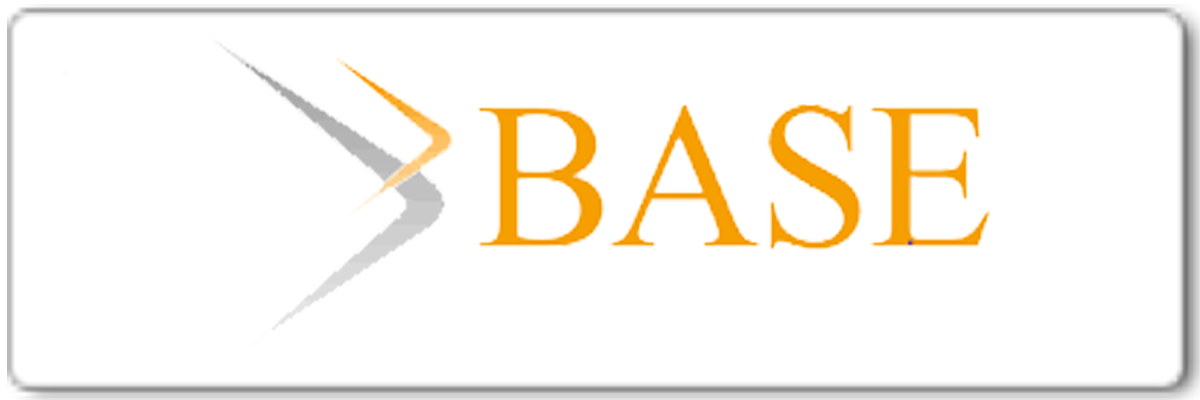Enhancing Scientific Argumentation Skills in High School Physics: A Blended Learning Approach with Project-based Instruction
Abstract
Keywords
Full Text:
PDF (English)References
Erduran, S., & Park, W. (2023). Argumentation in physics education research: Recent trends and key themes. The international handbook of physics education research: Learning physics, 16-1.
Pols, C. F. J., Dekkers, P. J. J. M., & de Vries, M. J. (2023). Integrating argumentation in physics inquiry: A design and evaluation study. Physical Review Physics Education Research, 19(2), 020170.
Wess, R., Priemer, B., & Parchmann, I. (2023). Professional development programs to improve science teachers’ skills in the facilitation of argumentation in science classroom—a systematic review. Disciplinary and Interdisciplinary Science Education Research, 5(1), 9.
Larrain, A., Howe, C., & Cerda, J. (2014). Argumentation in whole-class teaching and science learning. Psykhe, 23(2), 1-15.
Jumadi, J., Perdana, R., & Rosana, D. (2021). The Impact of Problem-Based Learning with Argument Mapping and Online Laboratory on Scientific Argumentation Skill. International Journal of Evaluation and Research in Education, 10(1), 16-23.
Riwayani, R., Perdana, R., Sari, R., Jumadi, J., & Kuswanto, H. (2019). Analisis kemampuan argumentasi ilmiah siswa pada materi optik: Problem-based learning berbantuan edu-media simulation. Jurnal Inovasi Pendidikan IPA, 5(1), 45-53.
Soparat, S., Arnold, S. R., & Klaysom, S. (2015). The Development of Thai Learners' Key Competencies by Project-Based Learning Using ICT. Online Submission, 1(1), 11-22.
Misbah, M., Khairunnisa, Y., Dewantara, D., Haryandi, S., Purwasih, D., Muhammad, N., ... & Ibrahim, M. A. (2023). Students’ Perception on Online Learning Experience During Pandemic (Covid-19). JIPF (Jurnal Ilmu Pendidikan Fisika), 8(1), 42-52.
Ustun, A. B., & Tracey, M. W. (2020). An effective way of designing blended learning: A three phase design-based research approach. Education and Information Technologies, 25(3), 1529-1552.
Agusdianita, N., Karjiyati, V., Hasnawati, H., & Dalifa, D. (2019, April). The Influence of Project Based Learning Model in Thematic Learning by Using Scientific Approach on the Elementary School Students. In International Conference on Educational Sciences and Teacher Profession (ICETeP 2018) (pp. 100-102). Atlantis Press.
Calculli, C., D'Uggento, A. M., Labarile, A., & Ribecco, N. (2021). Evaluating people's awareness about climate changes and environmental issues: A case study. Journal of Cleaner Production, 324, 129244.
Alamri, M. M. (2021). Using blended project-based learning for students’ behavioral intention to use and academic achievement in higher education. Education Sciences, 11(5), 207.
Odja, A. H., Hasan, M., & Mursalin, M. (2022). The Effect of Problem Based Learning Applied With Blended Learning on Students’ Problem Solving Skills. JIPF (Jurnal Ilmu Pendidikan Fisika), 7(3), 248-255.
Suana, W., Wati, S., Distrik, I. W., Sagala, M. K., & Rinaldi, D. (2023). The Effect of Project-Based Blended Learning Model on Students’ Creative Thinking Skills in Global Warming Topic. Jurnal Ilmiah Pendidikan Fisika, 7(3), 424-433.
Mihardi, S., Harahap, M. B., & Sani, R. A. (2013). The effect of project based learning model with kwl worksheet on student creative thinking process in physics problems. Journal of education and practice, 4(25), 188-200.
Toulmin, S. E. (2003). The uses of argument. Cambridge university press.
Setiono, P., Yuliantini, N., Wurjinem, W., & Anggraini, D. (2021). Kemampuan Argumentasi Ilmiah Mahasiswa Melalui Penerapan Model Pembelajaran Project Based Learning. ELSE (Elementary School Education Journal): Jurnal Pendidikan Dan Pembelajaran Sekolah Dasar, 5(1), 101-111.
Suana, W., Andra, D., Permadi, D., & Putri, N. M. A. A. (2023, May). A Systematic Review of Project-Based Blended Learning as an Innovative Teaching Model. In 4th International Conference on Progressive Education 2022 (ICOPE 2022) (pp. 138-148). Atlantis Press.
Nguyen, V. A. (2017). A peer assessment approach to project based blended learning course in a Vietnamese higher education. Education and Information Technologies, 22, 2141-2157.
Ozdamli, F., & Turan, B. (2017). Effects of a Technology Supported Project Based Learning (TS-PBL) Approach on the Success of a Mobile Application Development Course and the Students' Opinions. TEM Journal, 6(2).
Hursen, Ç. (2018). The impact of Edmodo-assisted project-based learning applications on the inquiry skills and the academic achievement of prospective teachers. TEM Journal, 7(2), 446-455.
DOI: http://dx.doi.org/10.26737/jipf.v9i2.5267
Refbacks
- There are currently no refbacks.
Copyright (c) 2024 Indah Ardita Putri, Wayan Suana, Eko Suyanto, Muhammad Fikri Hasan

This work is licensed under a Creative Commons Attribution-NonCommercial 4.0 International License.
Publisher
Institute of Managing and Publishing of Scientific Journals
STKIP Singkawang
Jl. STKIP, Kelurahan Naram, Kecamatan Singkawang Utara, Kota Singkawang, Kalimantan Barat, Indonesia
Website: http://journal.stkipsingkawang.ac.id/index.php/JIPF
Email: [email protected]
JIPF Indexed by:
Copyright (c) JIPF (Jurnal Ilmu Pendidikan Fisika)
ISSN 2477-8451 (Online) and ISSN 2477-5959 (Print)































